Plants and animals inhabited in different forest ecosystems of Similipal are changing continually in their composition and population due to deforestation, fragmentation, forest fire and other human activities. These activities have posed serious threat to the survival and future sustainability of the unique biodiversity of Similipal. Thus conservation of plants and animals of the reserve in their own habitats needs to know how they exploit the resources. In this context ecologists are playing a major role providing scientific inputs in conservation efforts. Therefore, there has been a need to compile and collate the research findings of ecological research and other allied disciplines and link ecological research with biodiversity conservation. The scope of this book has been able to gather ecological information on phytosociology and phenology of various plant groups, litter decomposition and nutrient turn over on the forest floor, distribution of animals and their status, and the threats imposed on them. The said ecological information compiled about the plants and animals of Similipal in this volume will help the researchers, practitioners and forest managers to formulate management action plans for future sustainability of its biodiversity.
Contents: Foreword. Preface. 1. Introduction. 2. Study Area. 3. Forest types and dynamics of Similipal. 4. Structure, Composition and Phytosociology of Plants. 5. Litter Decomposition as an Ecosystem Service. 6. Phenology of Plant Life Forms of Similipal. 7. Herpetofaunal Diversity of Similipal. 8. Status of Birds in Similipal. 9. Status of Mammals in Similipal. 10. Deforestation and Degradation of Forest Covers in Similipal. References. Index.

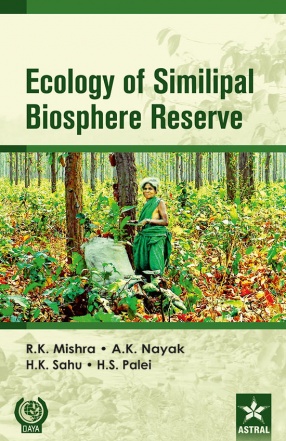



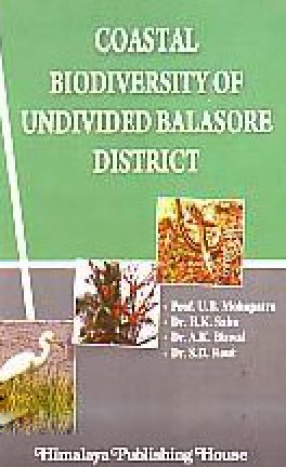
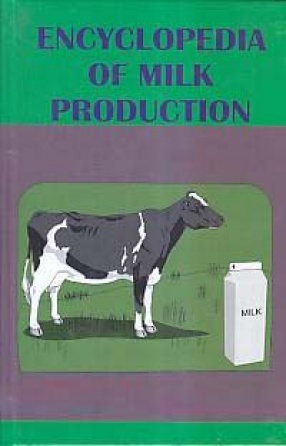
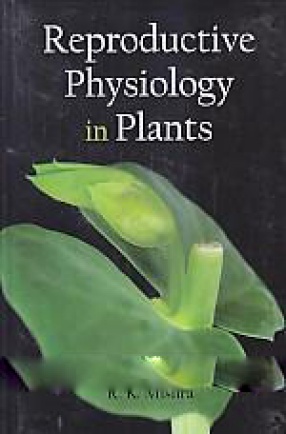

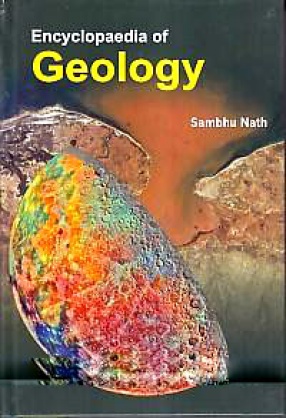

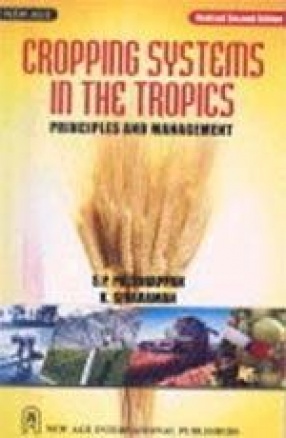
There are no reviews yet.